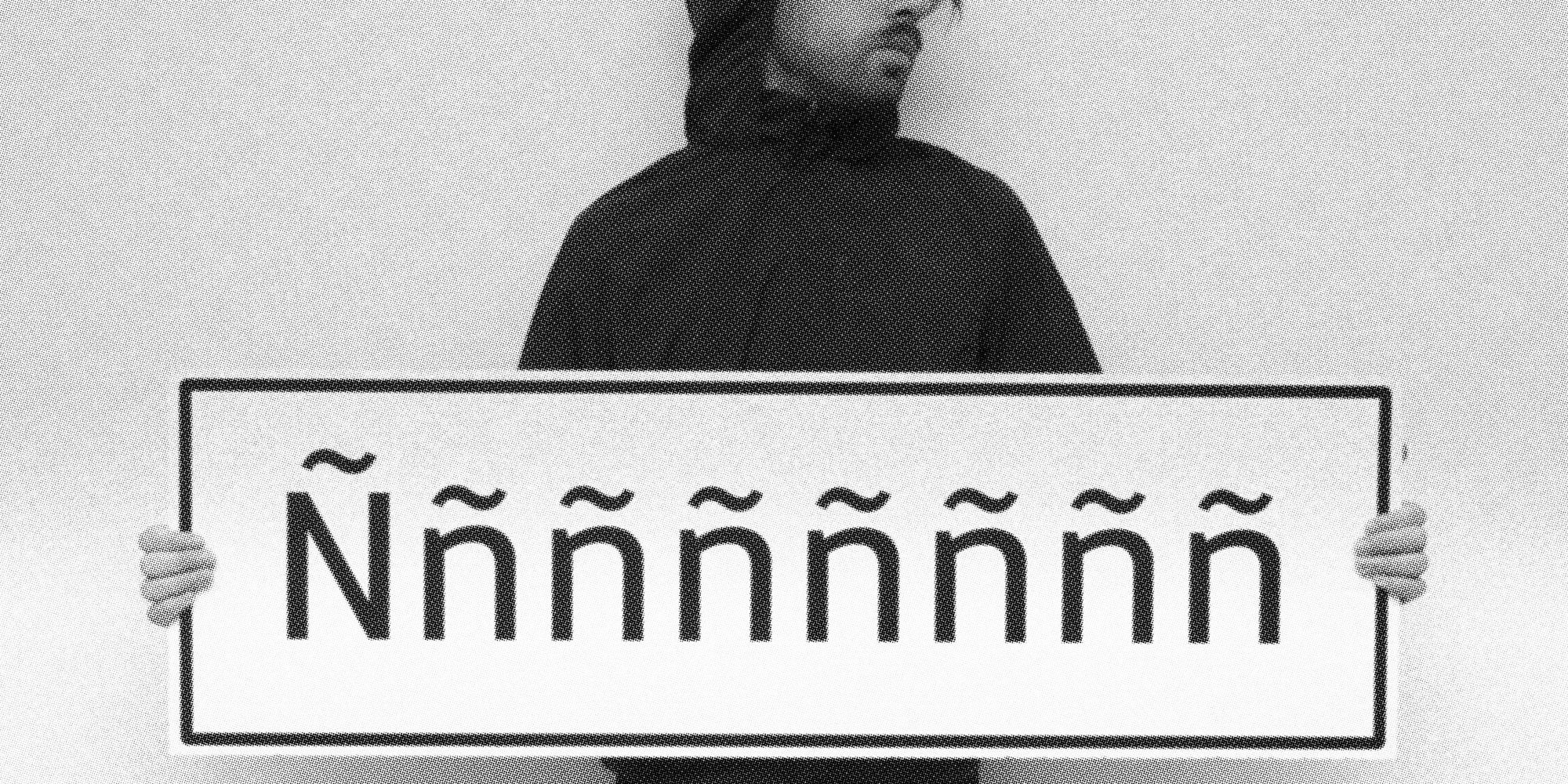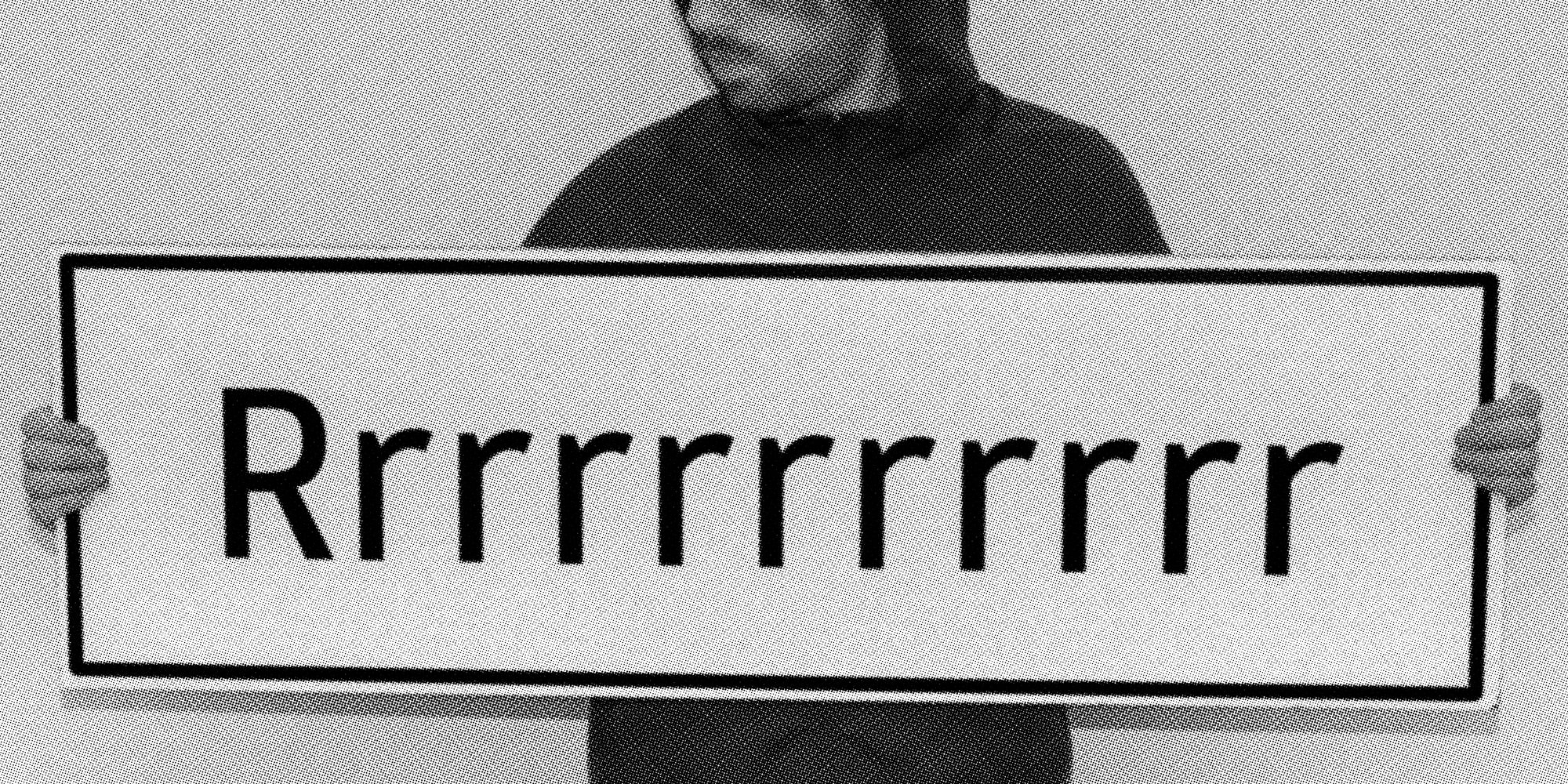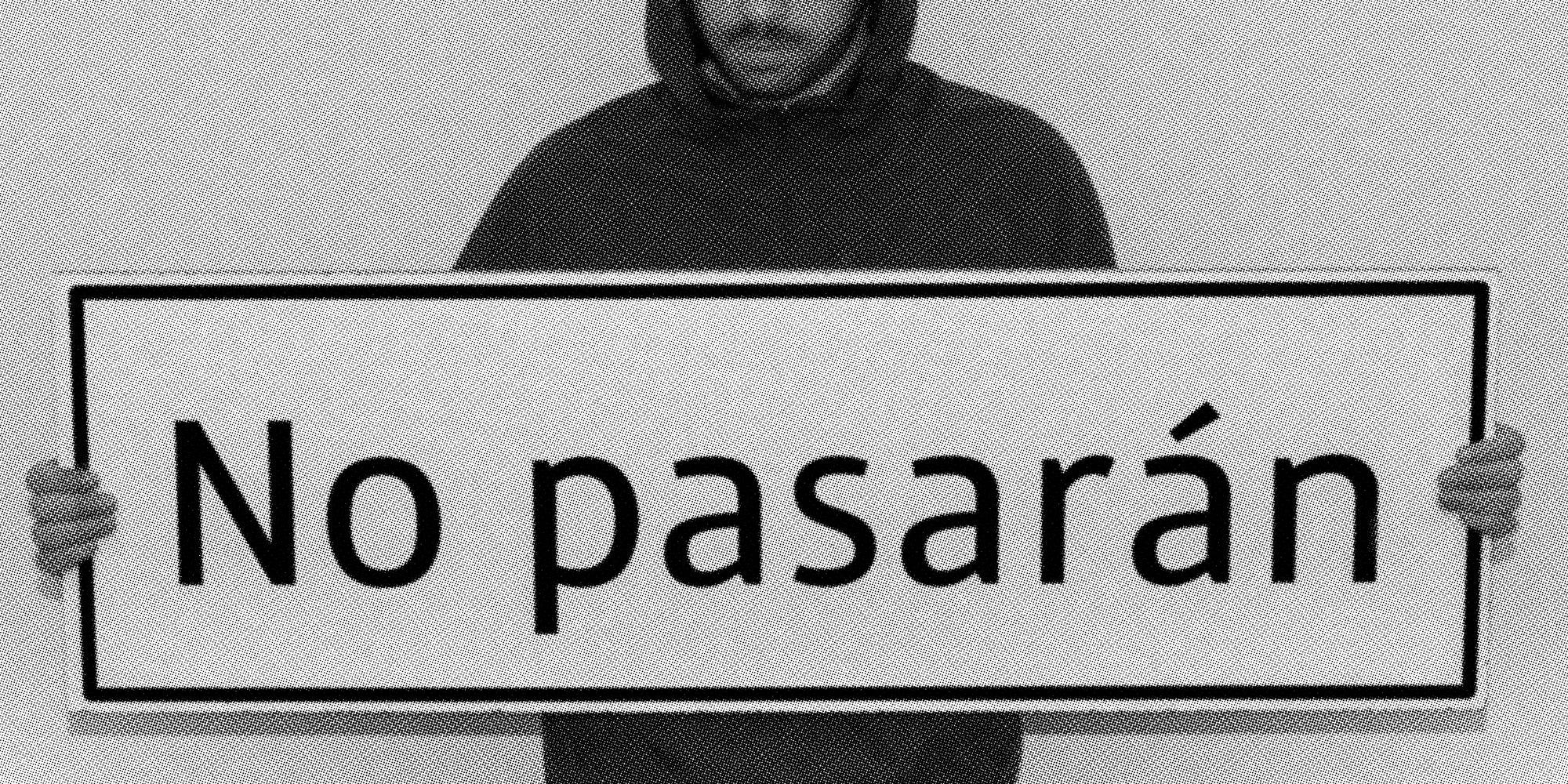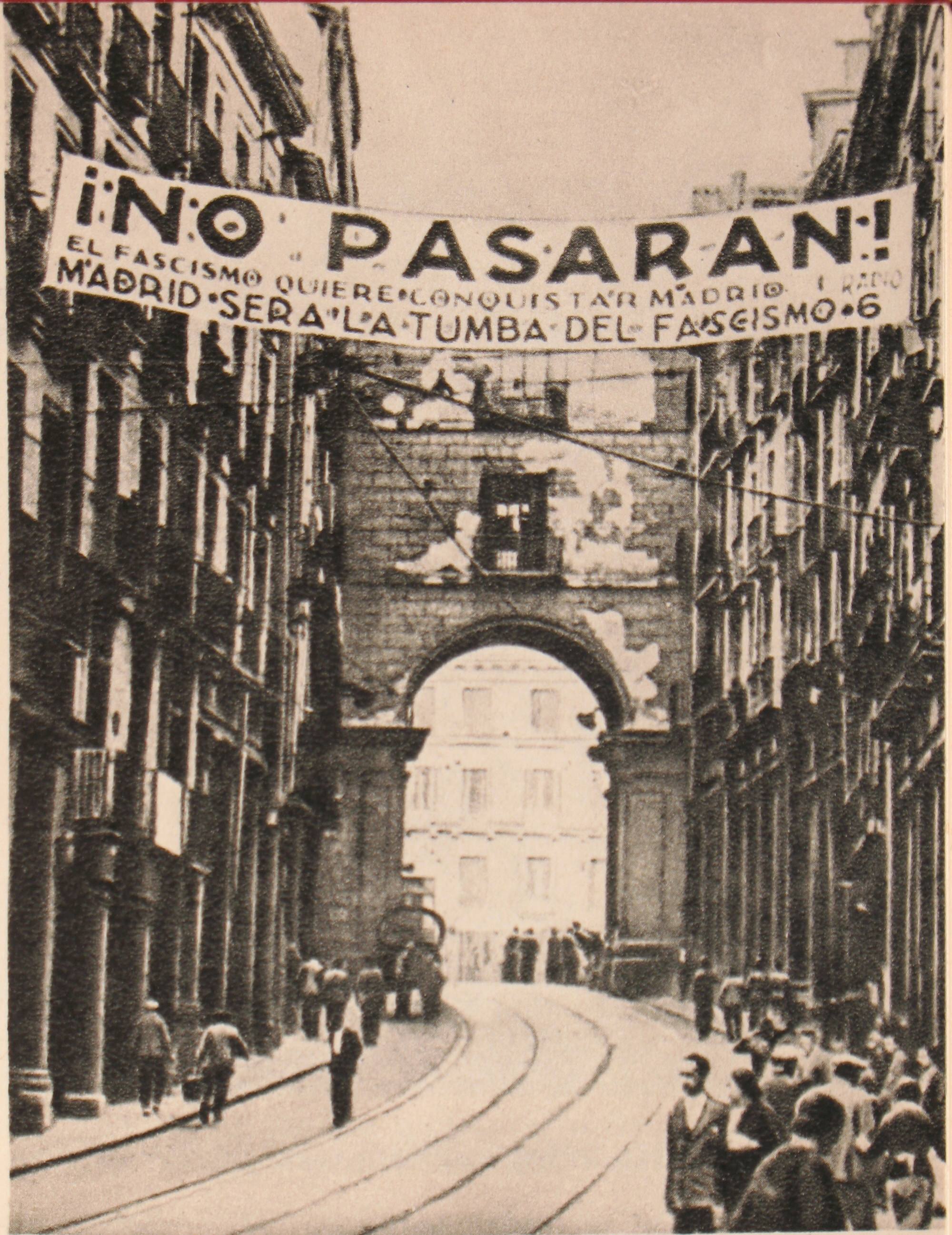ÑÑÑÑÑ
You would think that the ÑÑÑÑÑ is the most specific letter to the spanish language, but it is actually the RRRRRRR that gives the most trouble to tourists.



The letter ÑÑÑÑÑ has come to represent the identity of the Spanish language, and has been a political symbol for quite a while. For example, it was used by the Spanish Republican Air Force during the Civil War on aircraft tails for identification. However, it is a sound easily reproduced by non-spanish speakers.
The rolling RRRRR, on the other hand, is another matter. It is very hard to english speakers to pronounce it (properly or otherwise). And so, this particular phoneme, because of its bodily requirements, is unashamedly anti-imperialist in itself.
It is also subversive because apparently it is visually represented by a standard letter. Unlike the ÑÑÑÑÑ, which is easily spotted as an anomaly, the RRRRR appears to be just a regular letter. It appears to be not a different sound (which has caused trouble throughout history via romanization), until someone tries to pronounce it. Beyond the different variants of latinamerican spanish, the RRRRR is a sound that ties us together.
In more than one way, non-native speakers shall not pass through this sound.


In the early nineties, a European Community report recommended the repeal of a regulation preventing the sale in Spain of computer products not supporting «all the characteristics of the Spanish writing system,» claiming that it was a protectionist measure against the principles of the free market. The Real Academia Española stated that the matter was a serious attack against the language. Nobel prize winner Gabriel García Márquez said such a claim was stupid.